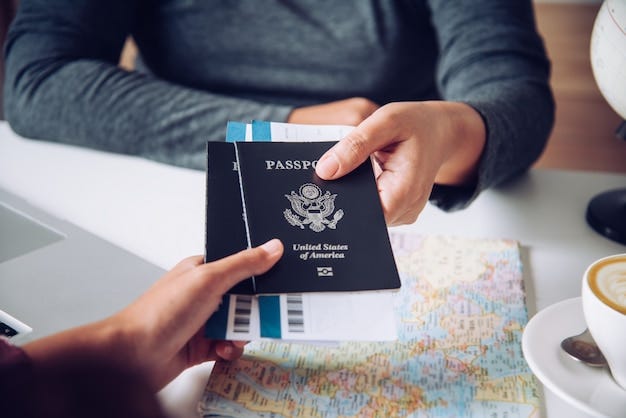Extradition laws grant a nation the facility to give away someone to another nation for purposes of criminal assessment or chastisement. The process of extradition depends on the laws of the countries involved and whether there is an extradition agreement between them. Extradition can also take place within the United Kingdom in state-to-state extradition. In this piece of writing we will focus on the process for international extraditions.
The Basics of International Extradition
An extradition treaty is an agreement between two countries to hand over to each other persons who have been charged or found accountable for an extraditable crime. The United States has extradition treaties with more than a hundred countries as well as with the European Union.
Extraditable offenses by and large take account of crimes that are liable to be punished by in both countries by at least one-year custody These offenses comprise of the attempt or conspiracy to commit an extraditable offense. A special addition for extraditable offenses is matters that involve foreign exchange offenses taxes and custom duties
The treaties often exclude the extradition of a national of the requested state. For example, the United Kingdom will not extradite one of its own citizens to another country in most cases. This non-extradition of a country’s own citizens explains why that French polish film director was able to escape extradition. He was convicted of having sexual interaction with a 13-year-old in the United States, but he took the airplane to France before being sentenced. Because the film director was a French citizen, France refused to extradite him.
There are so many other scenarios where extradition can be refused. Many nations may refuse to hand over people who may face torment or death punishment in the requesting nation. For instance, when a Hong Kong serial killer took the flight to Canada after torturing, raping, and murdering at least twelve people in the United States during the span of two years. Canada was not comfortable in deciding whether or not to extradite him. They had put an end to capital punishment and did not want to extradite someone who would be facing the death sentence in the country requesting extradition. After understanding the long term consequences of this, Canada finally took the decision to extradite him to the United States mainly because they did not want to develop into a safe asylum for murderers from the United States. Canada could have demanded that the serial killer would not face the death fine, but they extradited him without such a guarantee.

International Extradition Process
When the United Kingdom wants to extradite someone who is residing in a foreign country with an extradition treaty, a complaint is filed in any U.K. court stating the charges and the treaty requirements. A warrant for the person apprehension will be prepared and given to the Secretary of State who will then contact the foreign government to begin the international extradition process.
The receiving nation then looks to its treaty obligations to the requesting nation and to its own laws on extradition and decides whether or not to extradite. Many nations do not extradite individuals for certain political crimes. These can include treason, sedition, espionage, and alleged crimes relating to criticism of political leaders.
Extradition from the UK
UK Extradition proceedings are conducted by extradition units on behalf of foreign authorities for requested persons who were arrested in England and Wales.
A requested person may be arrested in the UK on the basis of:
- A European arrest warrant certified by NCA under section 2 of the extradition act 2003
- A provisional arrest on behalf of and extradition unit member state under section 5 of the extradition act 2003
- An extradition request that has been certified by the home office and warrant that has been issued by the domestic court under section 71 extradition act 2003.





